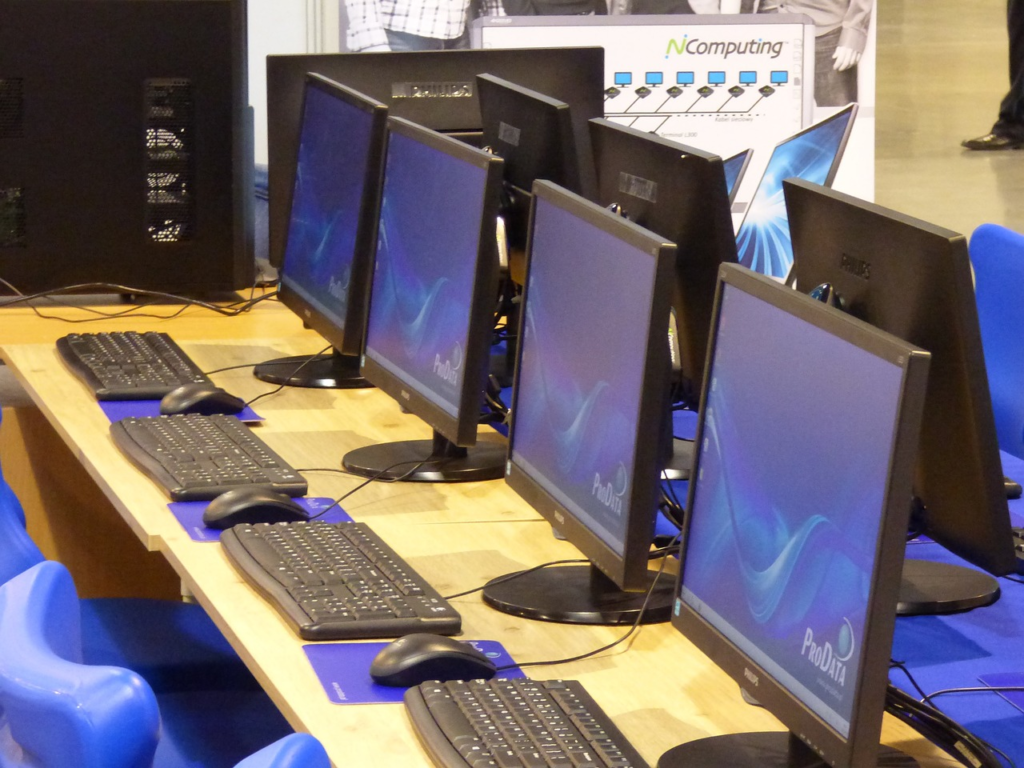Now Reading: India’s IT Revolution: 44 Global Manufacturers Join Forces Under PLI Scheme
-
01
India’s IT Revolution: 44 Global Manufacturers Join Forces Under PLI Scheme
India’s IT Revolution: 44 Global Manufacturers Join Forces Under PLI Scheme

According to an official source, 44 IT hardware manufacturers, including global PC makers, have registered to manufacture laptops, tablets, and personal computers in India. The government aims to replicate the success achieved in mobile phone manufacturing through the production-linked incentive (PLI) scheme. Leading laptop companies have signed up for PLI, and some are prepared to commence manufacturing in India soon. Global server companies have also expressed interest in making India an export hub for servers. The PLI scheme’s deadline for IT hardware manufacturing is set for August 30, with a budget of Rs 17,000 crore.

As per Counterpoint Research, Lenovo, HP, Dell, Apple, and Acer were the top five companies in the personal computer segment in the June 2023 quarter. India’s laptop and PC market size is approximately USD 8 billion annually, with about 65% of units being imported.
The government also plans to permit imports of laptops, tablets, and personal computers with a valid license in the restricted category from November 1. Local production of IT hardware devices in India is expected to meet 60-65% of domestic demand within the next 2-3 years, according to Optiemus Electronics Ltd (OEL) Managing Director A Gururaj.
Restricting imports through valid permits is seen as a positive step by the government, leading to a potential increase of $10 billion in laptop manufacturing, substantial revenue from components, and the creation of millions of jobs. The move also helps in building a robust electronics supply chain in India without disrupting businesses or affecting consumer prices.

Canalys data indicates that the Indian PC market (including desktops, notebooks, and tablets) experienced a significant YoY decline of 35% in the March 2023 quarter. However, a strong rebound is predicted, with an expected 11% growth in 2024 and a further 13% growth in 2025.
The IT hardware PLI scheme provides incentives for the use of locally manufactured components, thereby boosting the domestic components ecosystem, as stated by Deki Electronics MD and CII National Committee for Electronics Chairman Vinod Sharma. Additionally, the government’s imposition of restrictions on imports through licenses is seen as a measure to ensure procurement from trusted and safe sources, considering the potential risks of spyware or malware associated with imported IT hardware.









